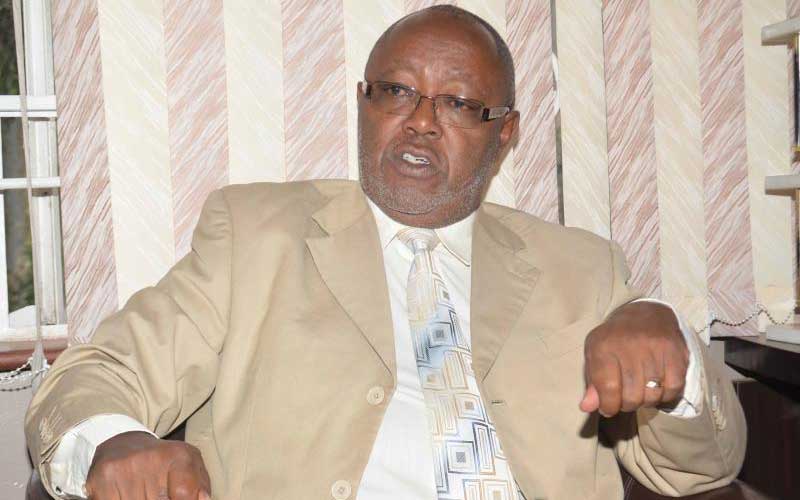×
The Standard e-Paper
Smart Minds Choose Us

Kenya Universities and Colleges Central Placement Service Chief Executive Officer John Muraguri. [File, Standard]
Universities and college students’ admission to their dream courses is now threatened as a major row builds at the students’ placement board over purchase of two new servers.